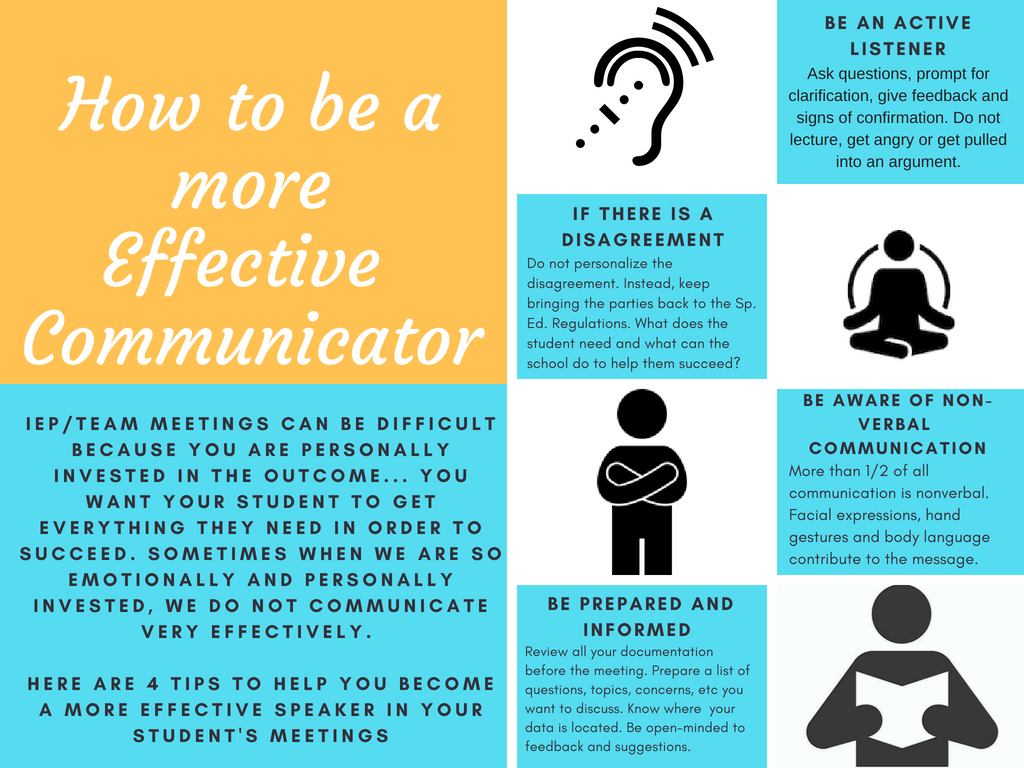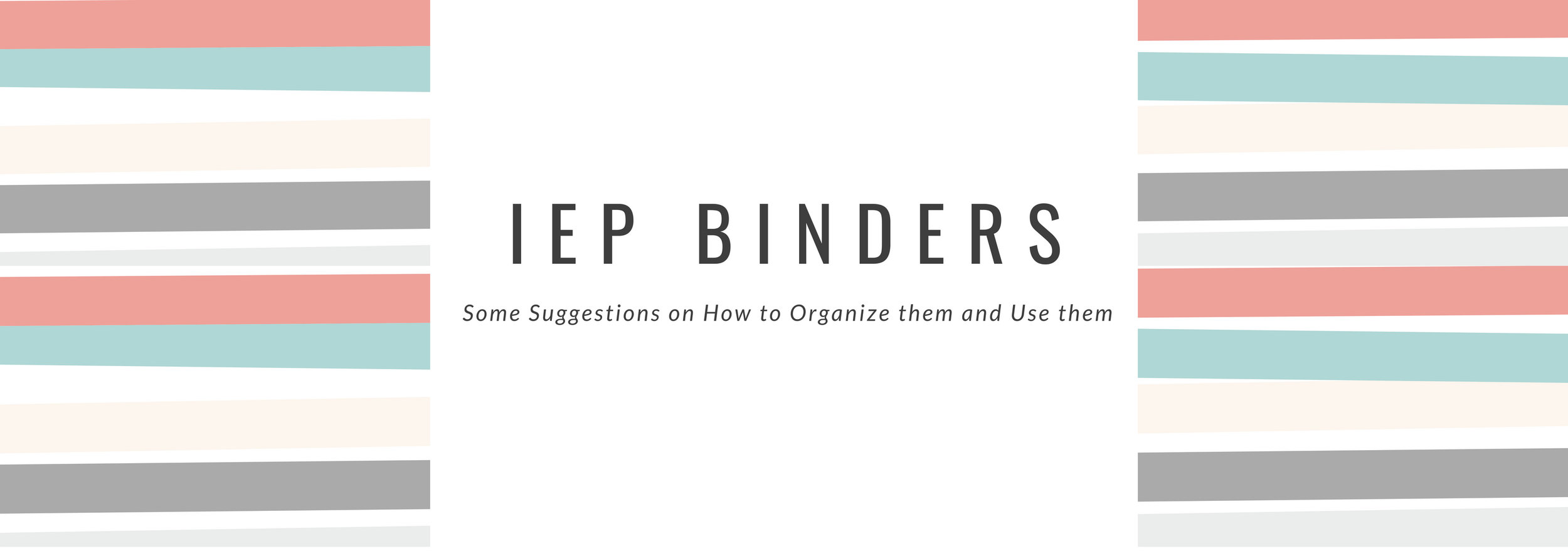A recent decision by the U.S. Department of Education (Department), Office for Civil Rights (OCR) , warns schools of the risks of using School Resource Officers (SROs) in educational situations. In this case Lynn used an SRO as a “support person” in dealing with a student whose behavior had quickly declined.
Brief summary of the facts in the complaint:
During the 2014-2015 school year, the Student who was at the center of the complaint was on an Individualized Education Program (IEP) for an emotional disability. The Student was known to perseverate on problems and had focus issues. The IEP indicated she needed guidance to learn how to successfully regulate her emotions and would need to meet with the school adjustment counselor.
The first half of the school year, until about January, passed without incident or concerns. Beginning in January 2015 and more noticeably in February, the Student began to decompensate. She struggled with her academics; she had an increase in absences, tardies and dismissals; and was suspended at least 12 times during March and April for violations such as refusal to go to class, disruptive and disrespectful behavior, swearing, and wandering the halls. By comparison, the Student had no suspensions at the start of the school year.
At a Team meeting held at the start of May, it was determined that the behaviors resulting in the Student’s suspensions were related to her disability. It was also decided that the District should conduct a FBA and a 45-day assessment, but the team could not agree on a place for the assessment. The District wanted to place the Student at their in-district school for “educationally at risk Students who have not been successful in a traditional high school setting.” The Student and her representatives requested an out-of-district assessment and placement. Since an agreement could not be reached, the team agreed to reconvene a week later to determine an appropriate placement.
Prior to the second meeting, the Student once again had difficulty attending class. The Student went to the vice principal’s office and the SRO was called to assist. The social worker and vice principal explained to OCR that the SRO was often called as an additional support member for the Student to talk to. The SRO’s report from the incident stated that the Student’s refusal to attend class had been an ongoing issue in the school year, indicating he had some awareness of the Student’s challenges. The SRO brought the Student down to his office, where the school social worker stopped by. According to records and interviews, the Student became loud and squirted hand sanitizer on the social worker. The social worker left to go get the principal. The principal asked the Student to clean up the hand sanitizer and when he handed her paper towels, the Student smacked his hand away. The SRO then arrested the Student and removed her from the building. Following this incident, the Student did not return to the school.
So what is the role of the SRO in the District?
To better understand the role of SROs in the District, OCR requested any policies and documentation related to SRO involvement in the school. In response, the District provided OCR with a copy of a Memorandum of Understanding (MOU) between the District, the Lynn Police Department, and the Essex County District Attorney’s Office to “coordinate their response to violent, delinquent or criminal acts by Students, including weapons reporting and alcohol and other drug use, that occur on school premises, school buses, or at school-related events.” The MOU does not address the presence of SROs in the District. The MOU did not address nor did the District have any other internal policies related to District staff engaging an SRO with routine discipline matters. The District also stated that it did not maintain any records related to SRO involvement with Students in the school.
The Student’s informal supports included check-ins with the SRO, whom District witnesses explained was “often” called upon as a “support member” for the Student. The District continued to involve the SRO to provide support services to the Student after concluding that the behavioral issues (including combative behavior) were a manifestation of the Student’s disability – and prior to conducting further evaluation or changing the Student’s services to address her needs. While the SRO was a support person for the Student, the District should realize that involving an SRO in non-criminal matters comes with an added risk to the Student because the SRO’s primary responsibility is law enforcement and not ensuring a Student with a disability is provided with a FAPE. Here, the SRO arrested the Student for behavior that was similar to the behavior that only days before was found to be a manifestation of the Student’s disability – but which remained unaddressed by the District at this time. While a Student with a disability can be referred to the police for criminal behavior, it appears everyone noted that the Student was struggling and nothing had been done yet to assess how to address her needs when she was arrested. The District also lacked any policies on the involvement of SROs with Students with disabilities, and in this case, it does not appear that the SRO was made aware of the team’s manifestation determination.
Conclusion:
“Without clear policies, procedures, and record keeping with regard to SRO involvement with Students, the District cannot ensure that its use of SROs does not discriminate against Students with disabilities by, e.g., resulting in further exclusion for disability-related behavior.” Although this does not create clear guidelines that should be implemented in Districts across the Commonwealth, it does clearly put districts on notice of the risk of involving SROs in school matters that do not include criminal behavior.
To helpful further clarify the role of SROs, the 2018 Criminal Justice Reform Act amends Chapter 69 of the Massachusetts General Laws, and has implications in our schools. The Act requires that schools enter into written agreements with local police departments regarding the role of the School Resource Officer, and that the agreement “shall state that SROs shall not serve as school disciplinarians, as enforcers of school regulations or in place of licensed school psychologists, psychiatrists or counselors and that SROs shall not use police powers to address traditional school discipline issues, including non-violent disruptive behavior.”
This is an area that will need to be monitored across the Commonwealth.
Have questions or concerns about your child's education? Contact us to discuss further:
E.M. Curran & Associates LLC
10 Tower Office Park
Suite 406
Woburn, MA 01801
Phone: 781-933-1542
Fax: 781-933-1549
ellen@emcurranlegal.com
































